Accueil I #Actualités I EUROPEAN PARLIAMENT DSA VOTE : a big step backwards
The entire European creative and innovation sector, intellectual and industrial property and associations that campaign in Europe for the safety of users when shopping online are disappointed by the vote on the Digital Service Act (DSA) last night in the European Parliament.
While President Macron, in his speech inaugurating the French Presidency of the EU in Strasbourg, told MEPs that « Europe has three major challenges ahead : ecology, digital and security », his desire « to establish an ambitious, effective and proportionate legal framework applicable to the moderation of content by platforms » has just fallen by the wayside after the vote in plenary.
The IMCO Committee had already adopted a position that considerably weakened the text proposed by the European Commission. Furthermore, all political groups were divided on the draft of the Socialist rapporteur Christel Schaldemose, who systematically rejected the provisions included in the opinions of the Legal Affairs and Culture Committees that called for more regulation. Despite the mobilisation of MEPs Axel Voss (EPP coordinator in JURI), Geoffroy Didier (shadow rapporteur of the text in JURI), Sabine Verheyen (EPP Chair of the Culture Committee), Tomasz Frankowski (EPP member of the Culture Committee) and Emmanuel Maurel from the Left, and the support of several political delegations in the plenary vote, including the Italian, Spanish and French Renew group delegations, this regulation, that was presented by Commissioner Breton as the ultimate tool in the fight against illegal content, will only contain timorous advances and could be a worrying step backwards compared to the E-Commerce Directive.
As the Institute (IDFrights) has often said, written and repeated in several emails sent to all MEPs, Article 14 of the Commission’s proposal, which was supposed to deal with the rapid removal of illegal and harmful content (hate speech, counterfeiting, targeted advertising, fake news) was the cornerstone of the text. The vote in the IMCO committee of a new paragraph 14.3a, which has just been confirmed in plenary despite our warnings, puts an end to the « notice and put down » provision which is fundamental to the fight against illegal content and replaces it with a « notice and stay up » provision. This will lead to illegal content being allowed to remain online after notification for the duration of the assessment of the illegality of such content. As a result, damages to public opinion will be done.
The safety and protection of users and consumers, but especially young audiences, are also undermined by this text, as the European Parliament rejected amendment 484, initiated and co-signed by several MEPs from different political groups, which proposed a new paragraph in Article 14 (14§6), which called for the establishment of a mechanism to prevent the subsequent reappearance (mirror effect) of illegal or malicious content on a platform.
It is therefore very worrying to have to conclude that these substantial points, which should have united all the MEPs, whose Member States says they are very involved and fussy about all the questions of transparency, responsibility and ethics concerning platforms in the debate on digital technology, have been so overwhelmingly dismissed.
The French Presidency’s haste to bring the trialogue negotiations under its mandate to a successful conclusion does not look good. The position adopted by the Council on the DSA is far removed from the one just adopted by the Parliament. The absence of the two provisions mentioned above will therefore have great difficulty in coming back as a compromise in the inter-institutional discussions. In conclusion, unfortunately, the future regulation risks losing all the effectiveness we were entitled to expect, failing to live up to its ambitions and once again leaving the lion’s share to platforms. Our concern is all the greater because the issue of content regulation will not be reopened for a long time in European forums. The main fault lies with the MEPs in charge, who have entrusted the IMCO Committee, whose ideology is the development of the economy at all costs, with a fundamental moral issue that several European decision-makers have summarised: « what is illegal offline should be illegal online ». Thus, the dissemination of « fake news », harassment, historical negationism, stigmatization and even incitement to sedition, as we saw on 6 January 2021 in Washington during the attack on the American Congress, will still have a bright future.
Jean-Marie Cavada
Président iDFrights
#Dans les médias, #Actualités






Dossier « Le travail des algorithmes » dans Socio

Éditorial de Michel Wieviorka dans Socio



Conference : How do we stack up ? | 02 june 2025





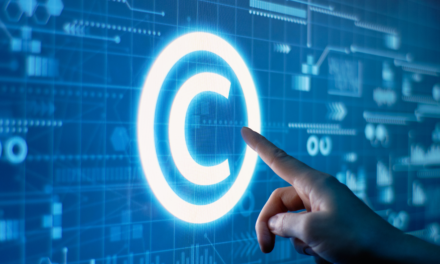

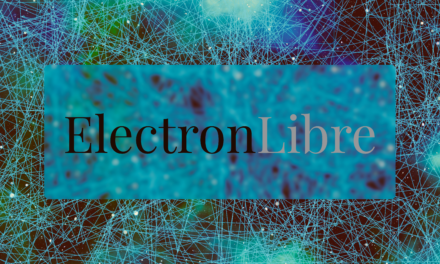











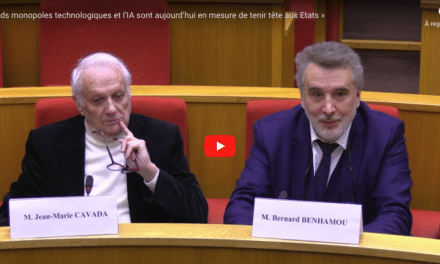
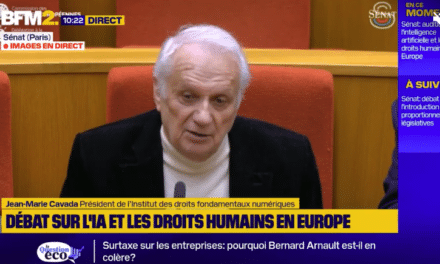

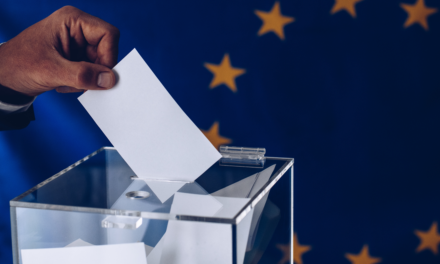
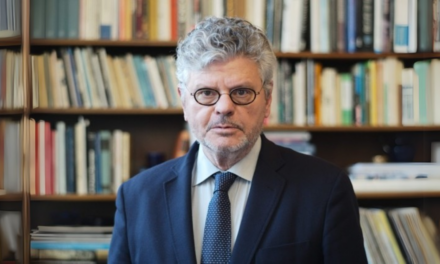



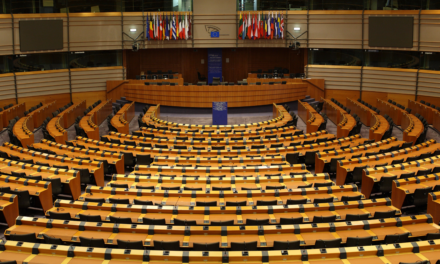



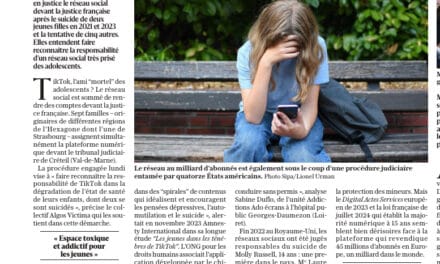




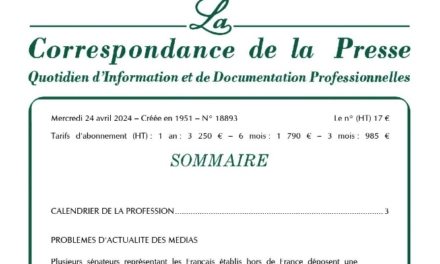
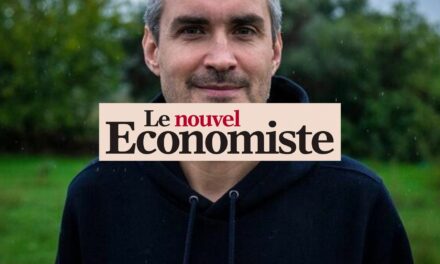




![[DSA, AI Act] Régulation, et si l’Europe avait raison ? Podcast les Eclaireurs du Numérique avec Jean-Marie Cavada](https://idfrights.org/wp-content/uploads/2023/12/8c234391-01e8-40d4-9608-4ea6c80d4f11-440x264.jpg)


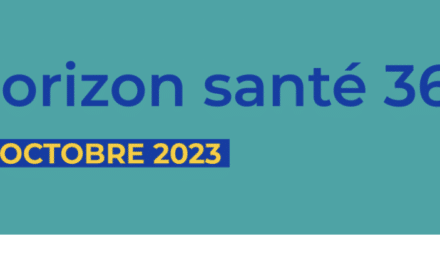



Interview de Jean-Marie Cavada pour R2PI Podcast

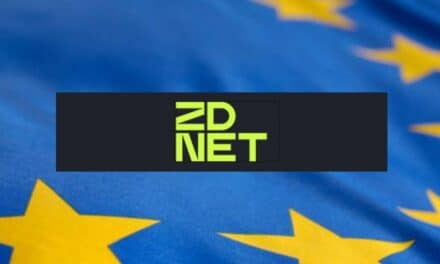




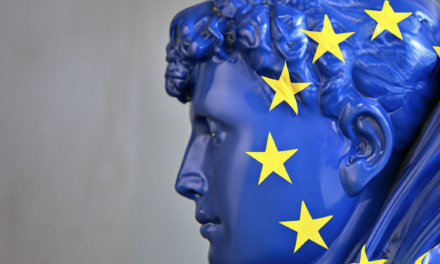


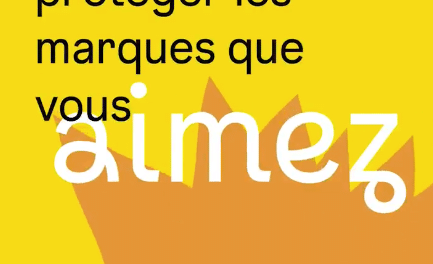



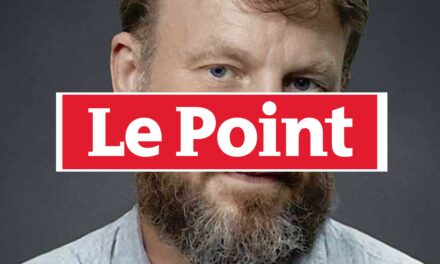





















Concurrence : Google au pied du mur






Les news qui ont fait l’actu 4 avril au 10 avril
Les news qui ont fait l’actu 21/02 – 26-02

Les news qui ont fait l’actu 25


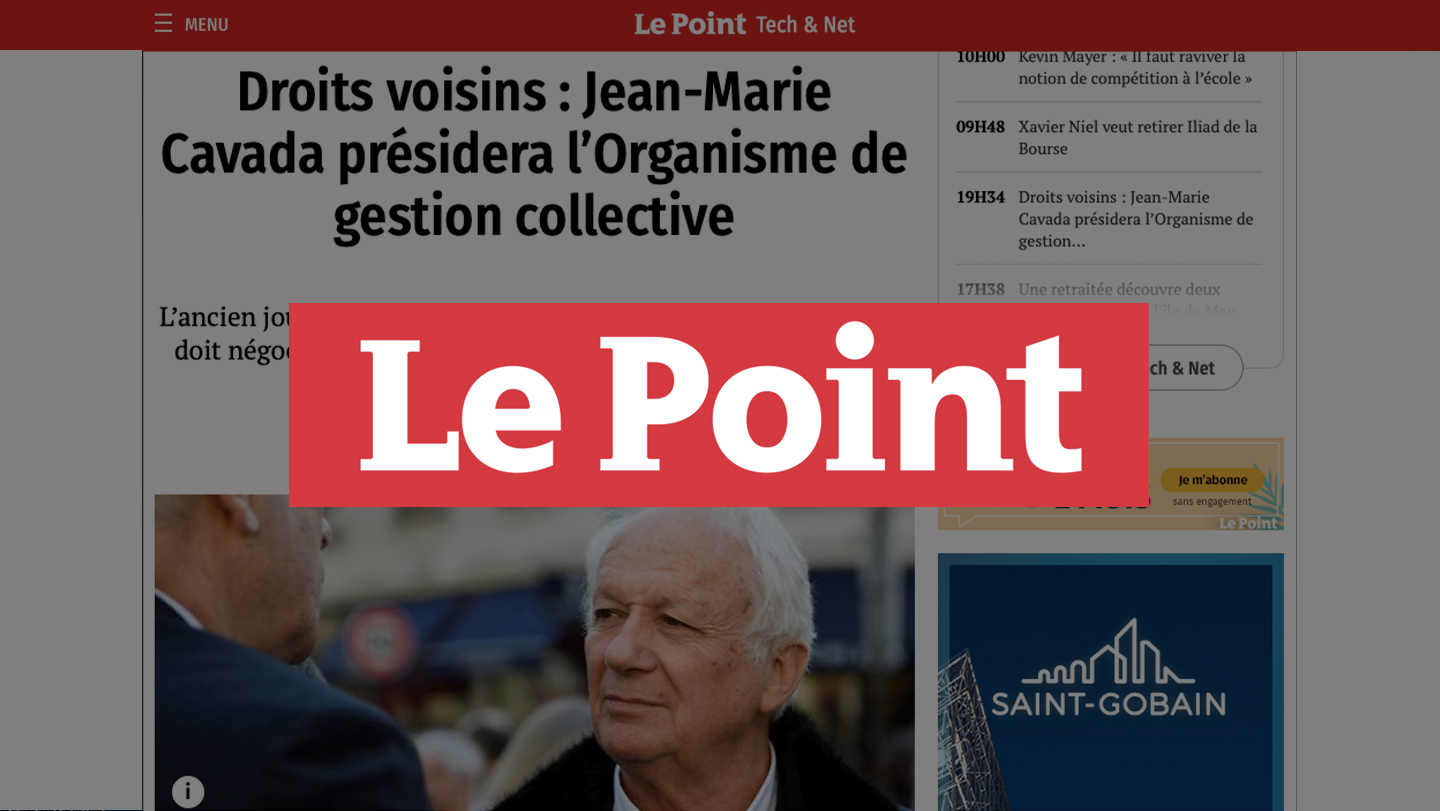
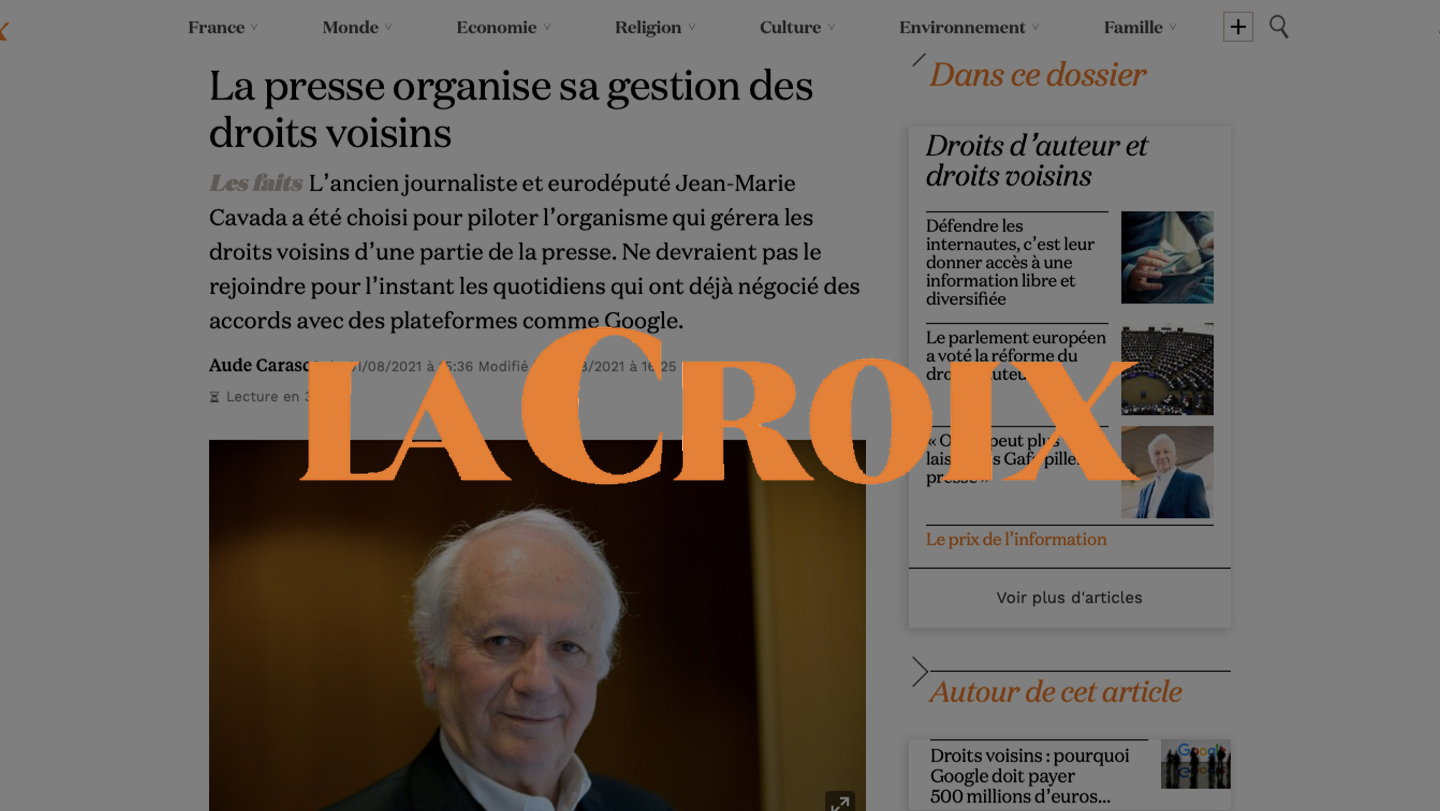





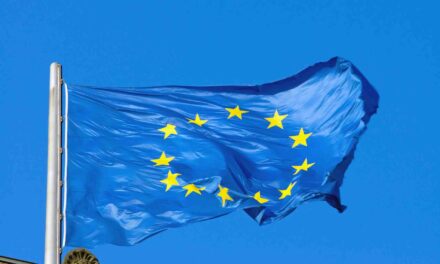




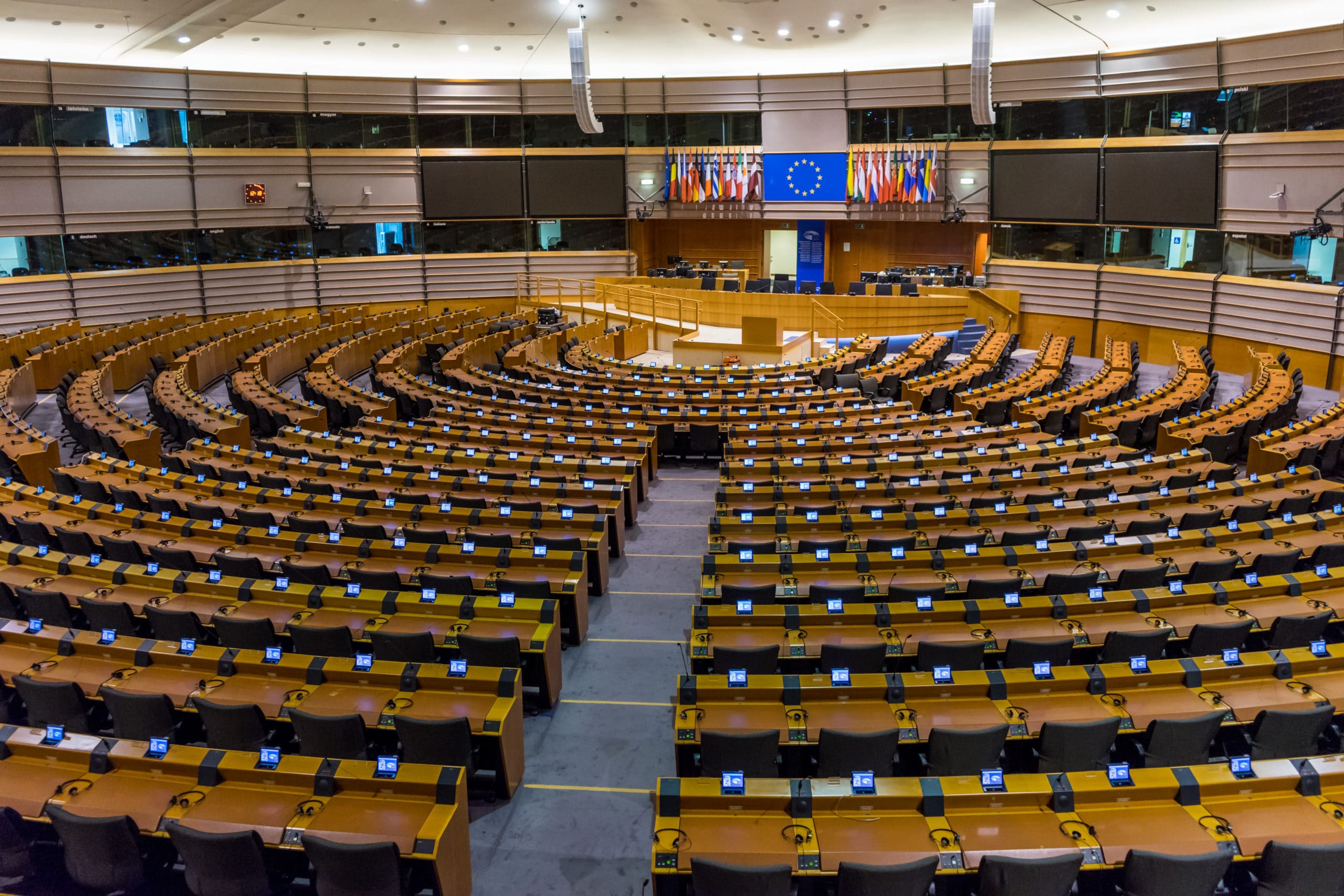
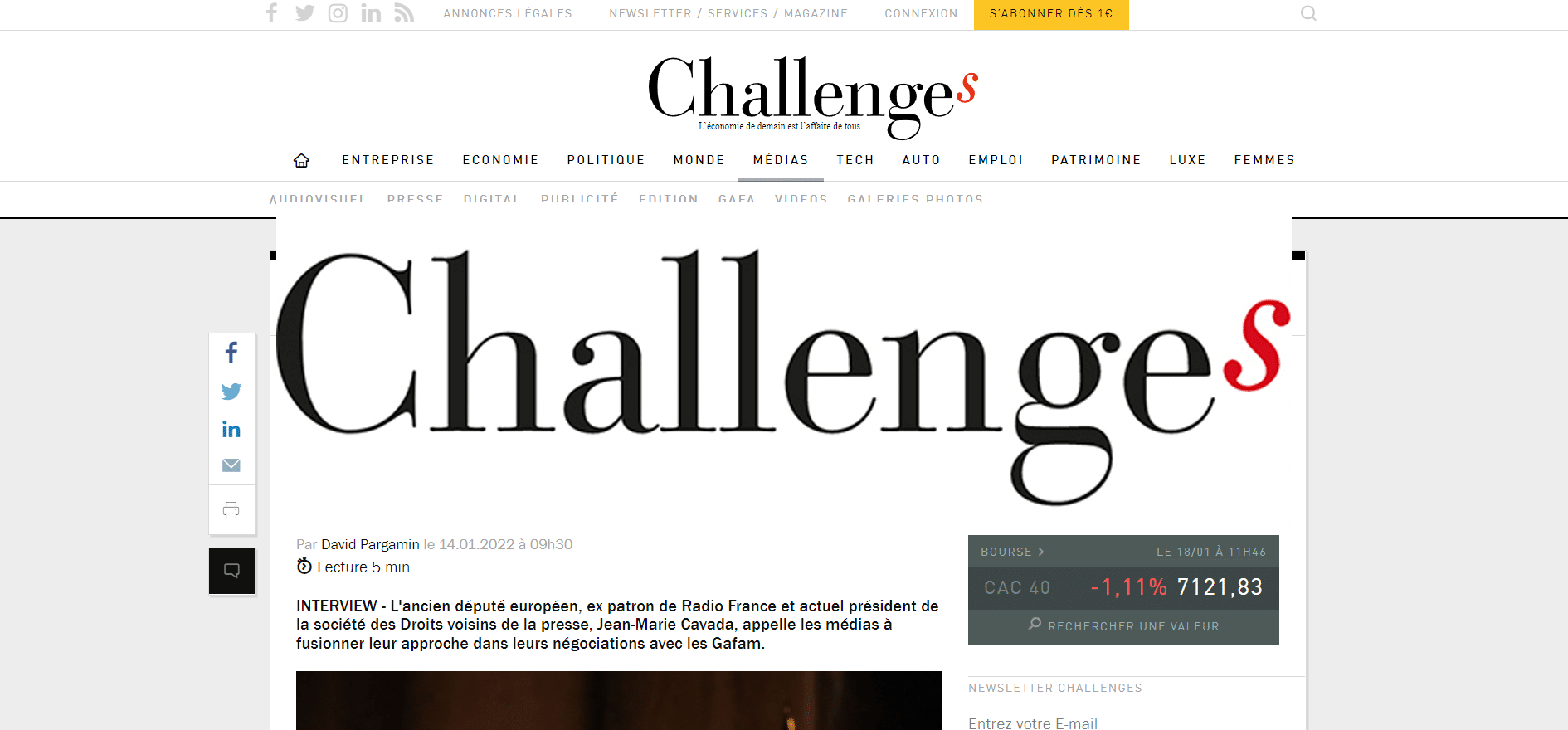


L’EUROPE, LE BUFFLE, L’OURS ET LE PANDA
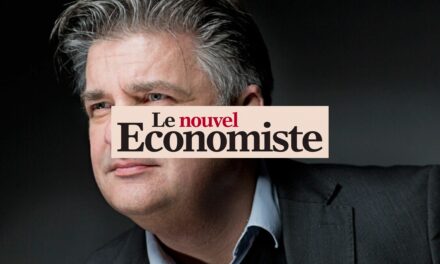



Emission Hebdo Com, BFM Business





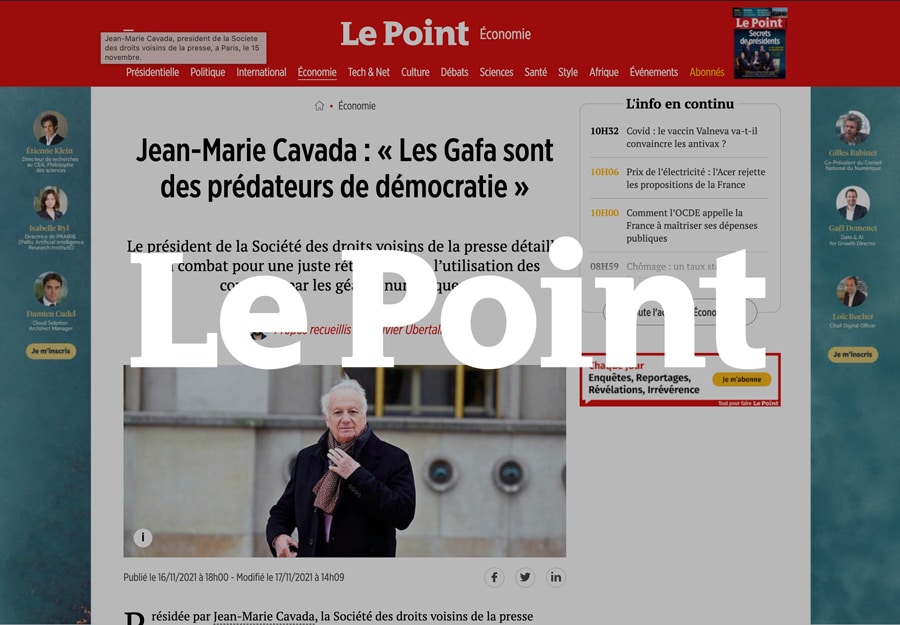

Les rencontres d’Eguilles






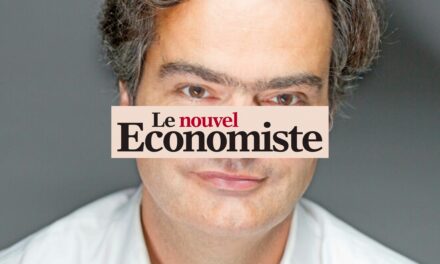



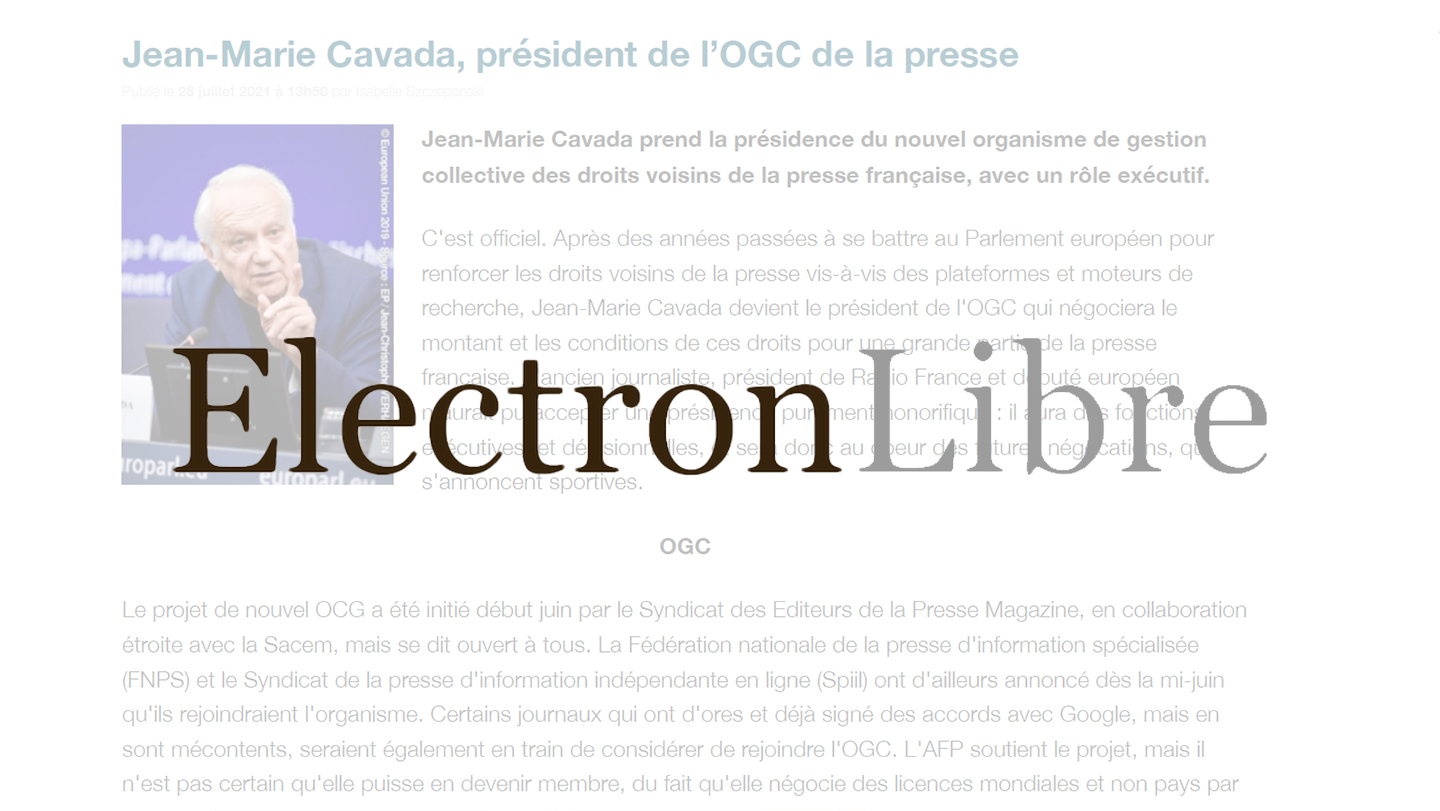

Google, entreprise malfaisante – Le Point



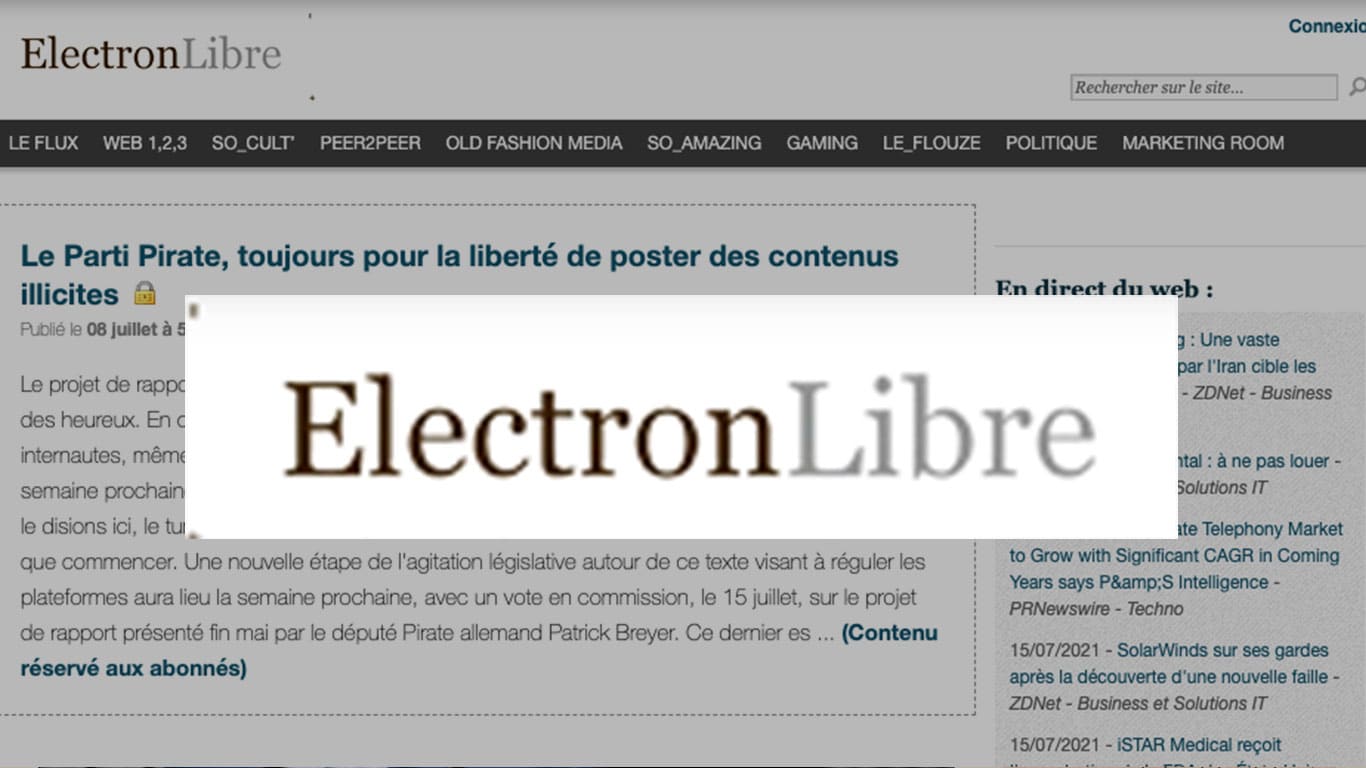














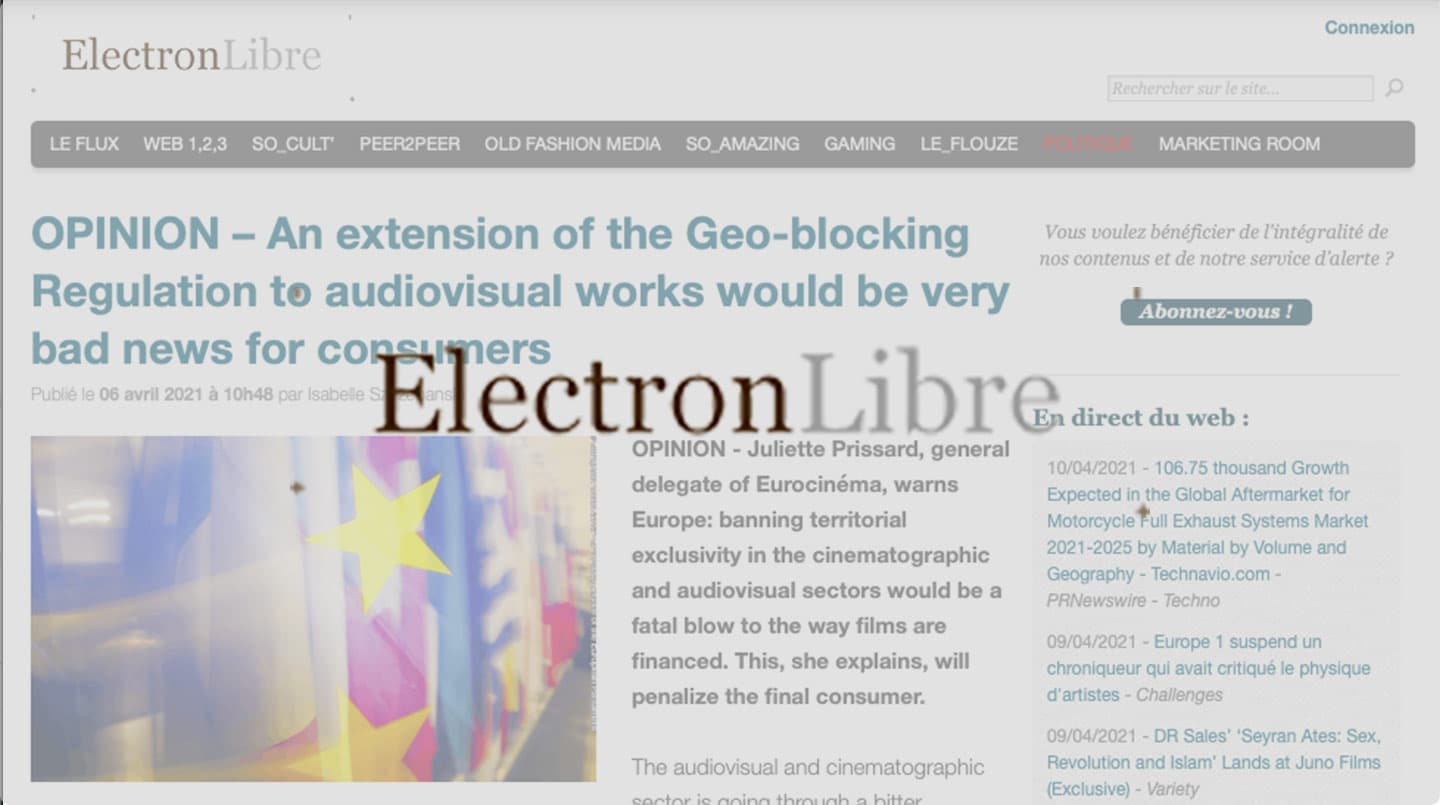
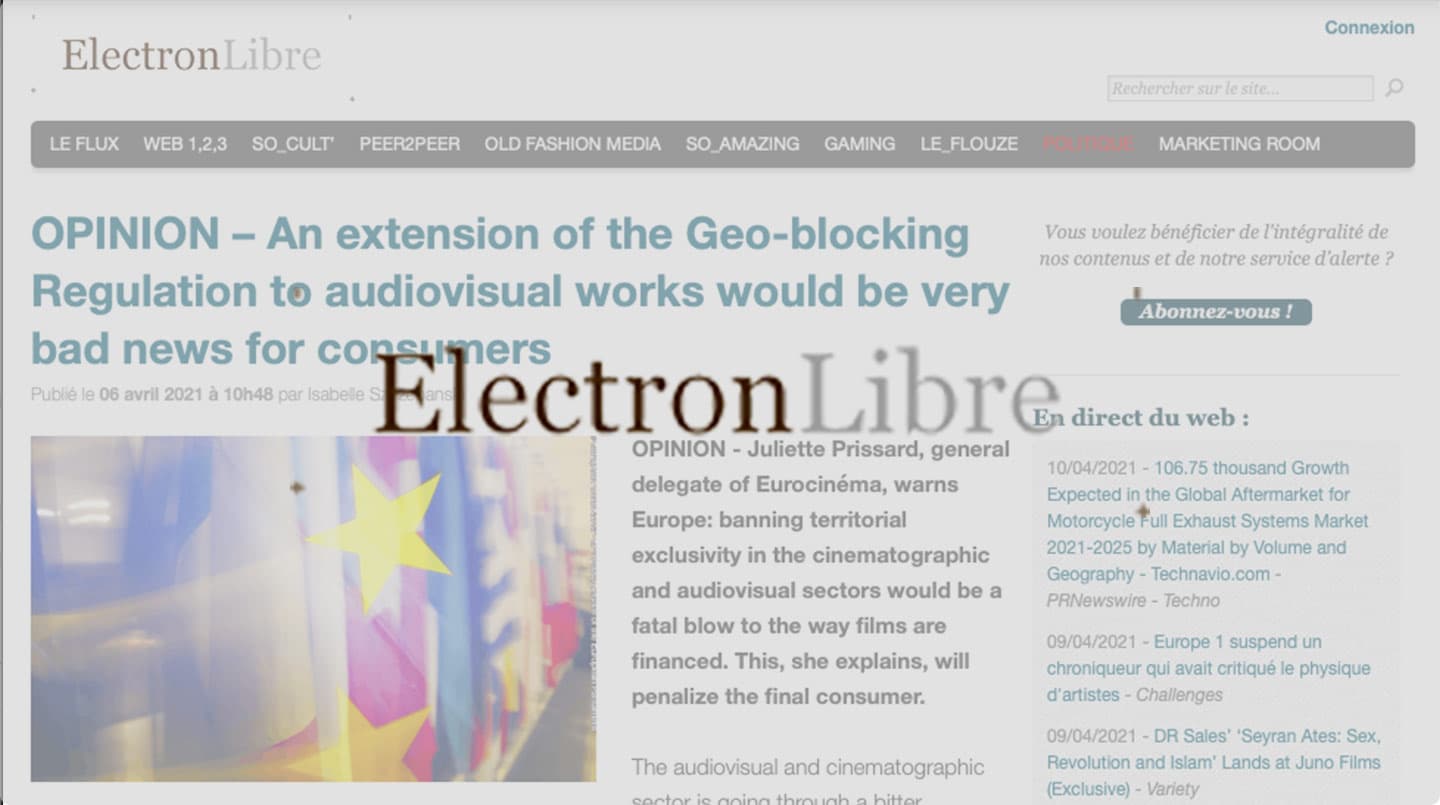



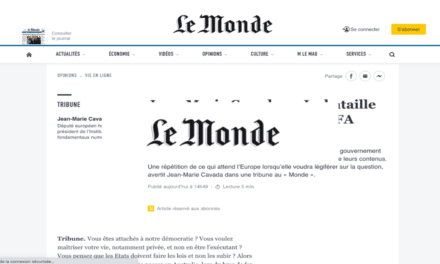

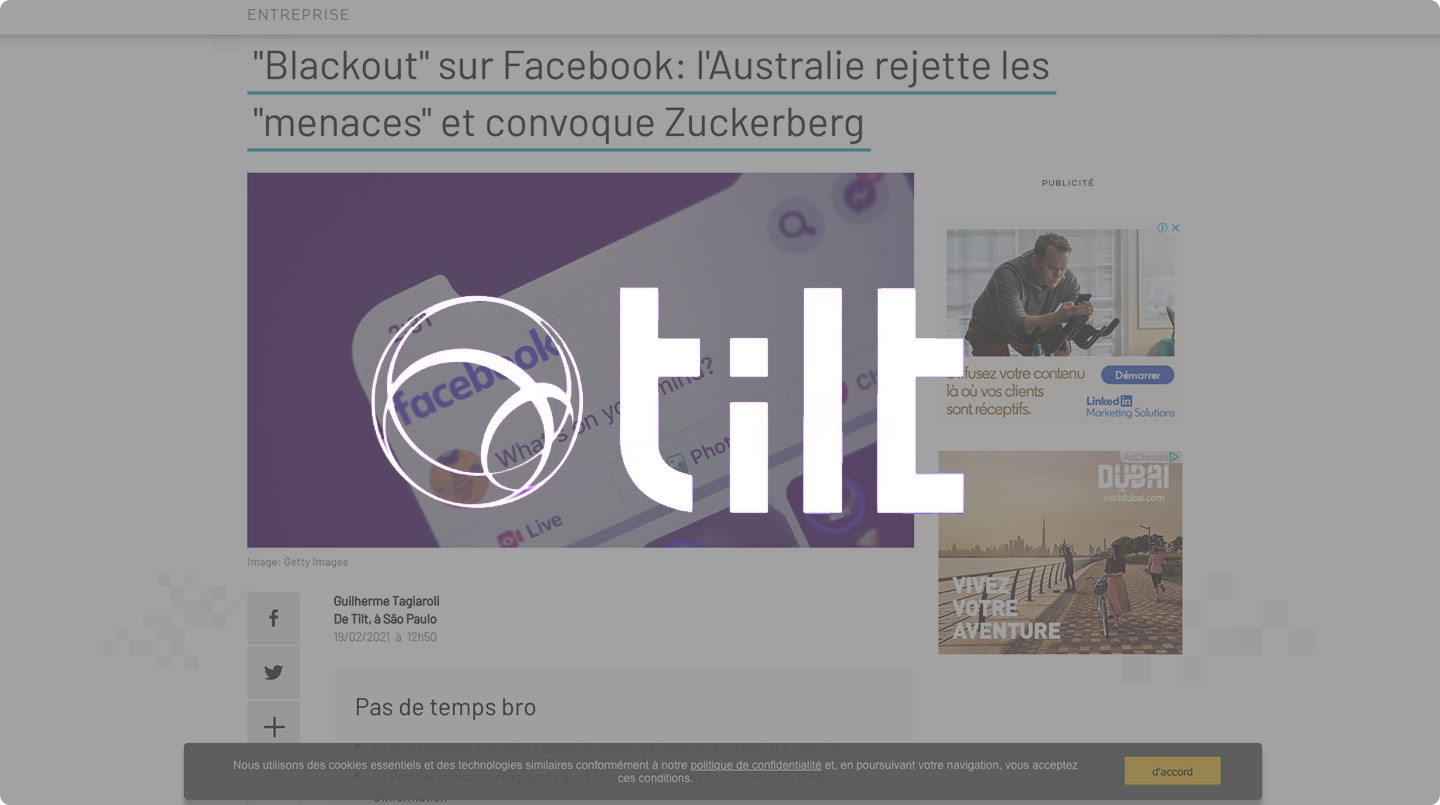

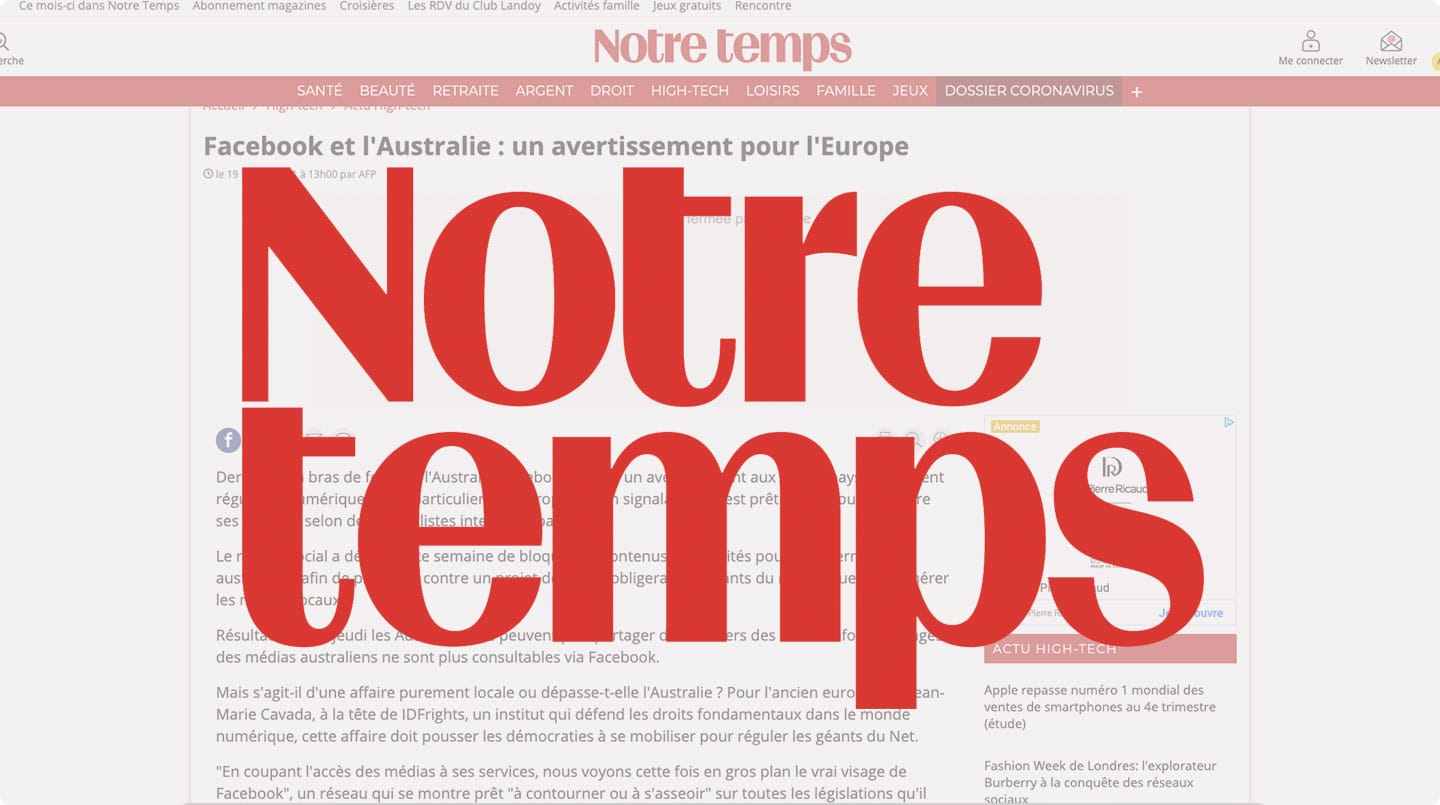
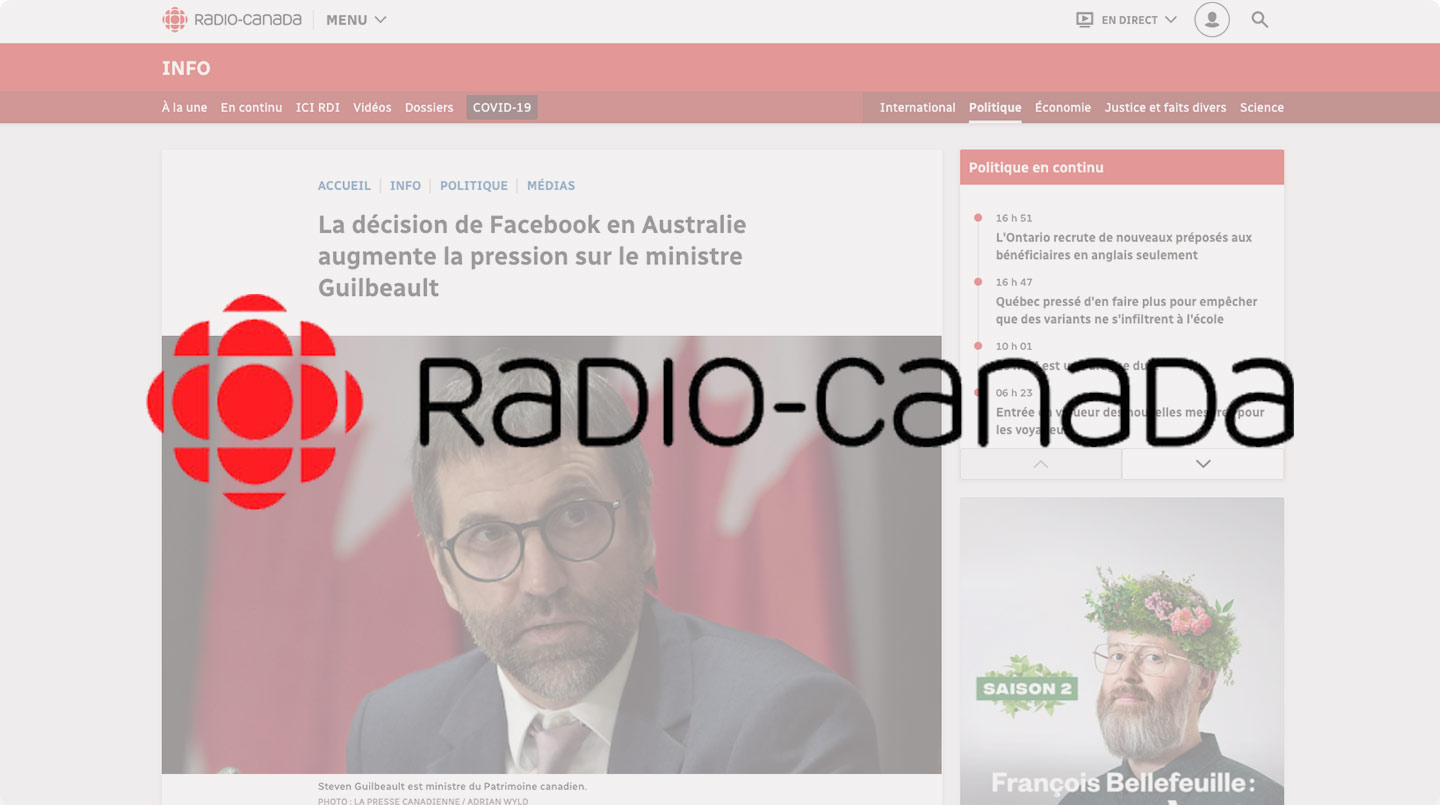




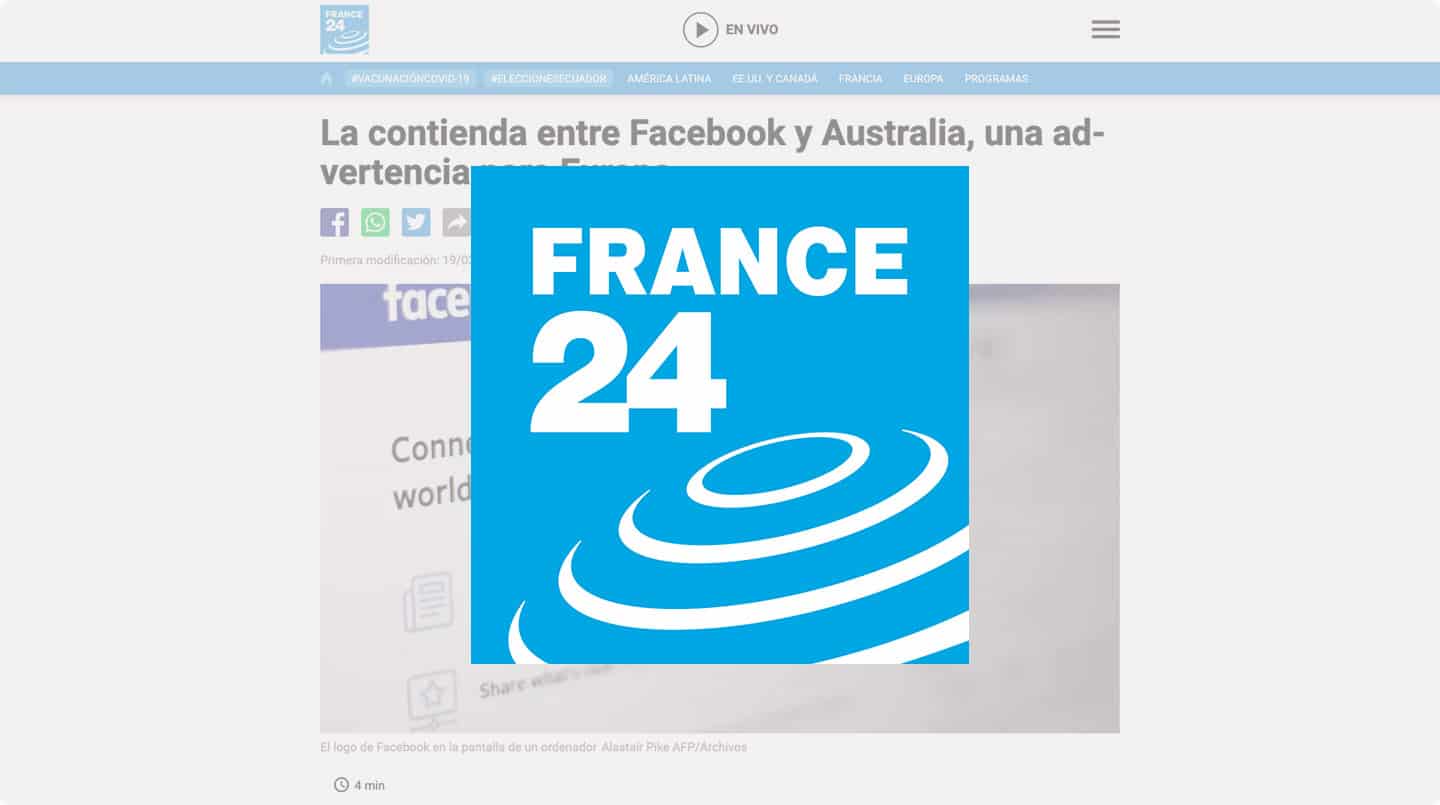



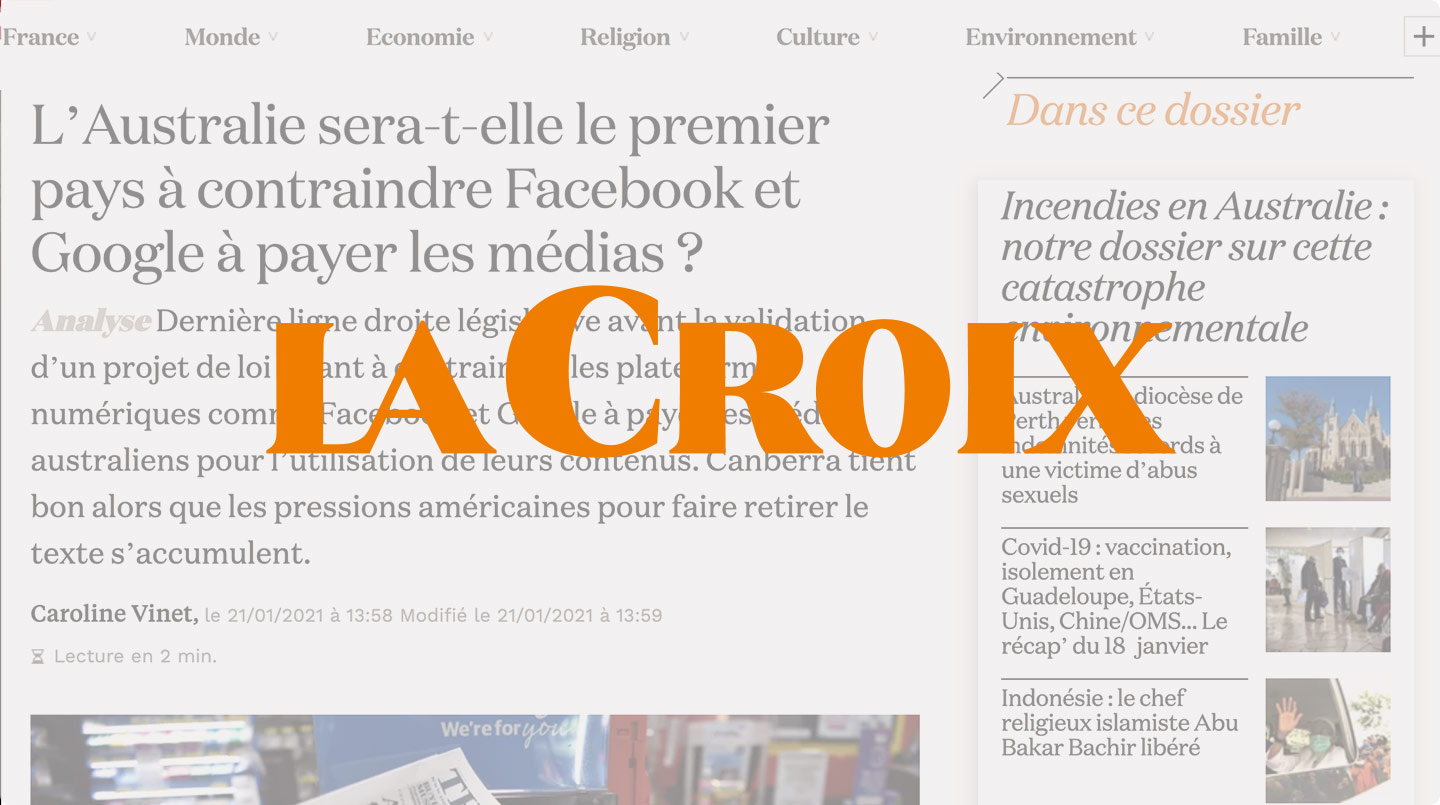


Pitié pour les Droits de l’Homme !

Joe Biden, l’ami de la BigTech

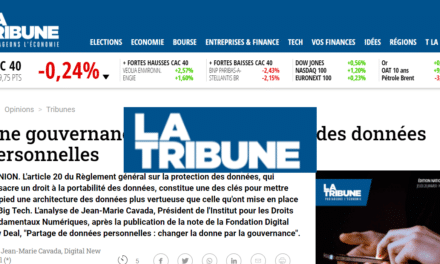




Netflix : un défi à relever pour l’Europe

Une Europe sans véto face aux prédateurs numériques




Covid-19 et usages du numérique en Afrique
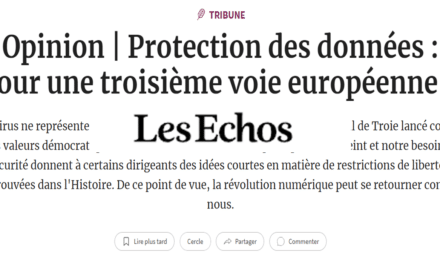
Numérique : l’Afrique veut donner de la voix




Numérique : séparer les pouvoirs.

STOP COVID : l’avenir d’internet est entre vos mains


institute for Digital Fundamental Rights
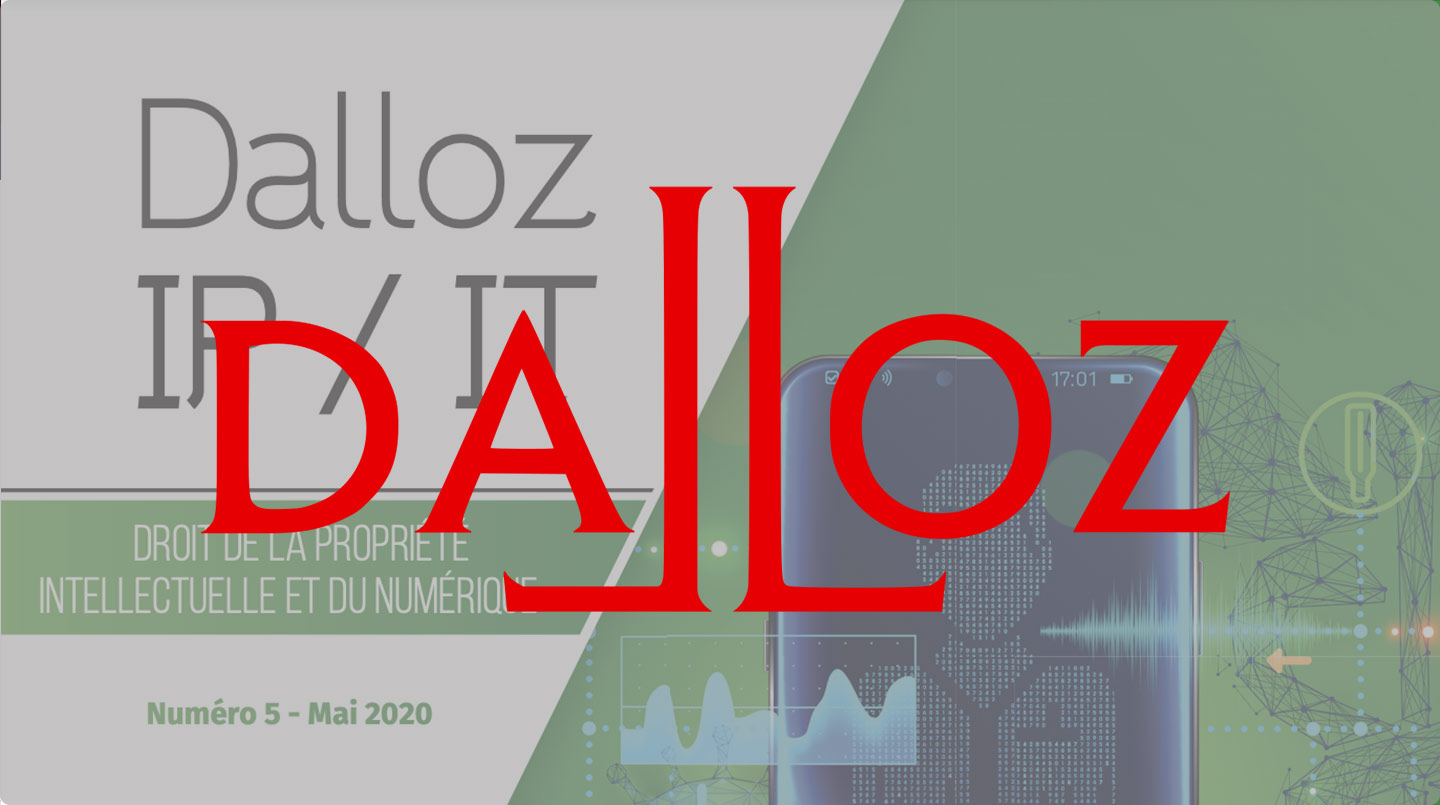
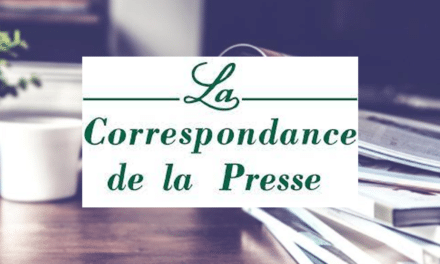

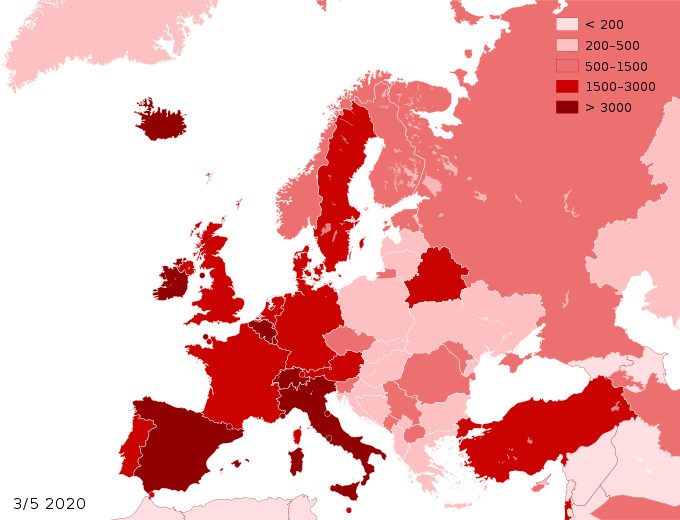
La protection des données et la crise sanitaire
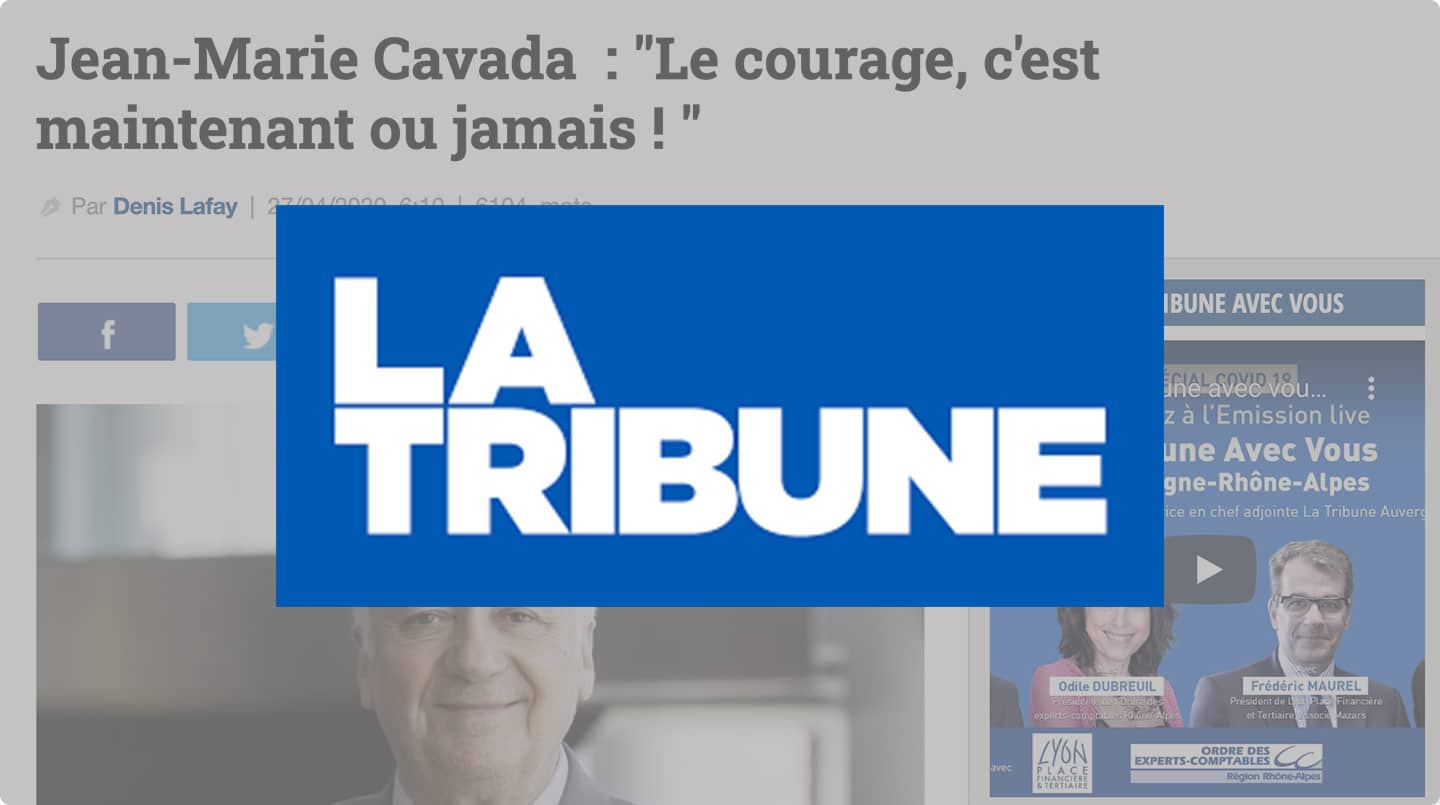
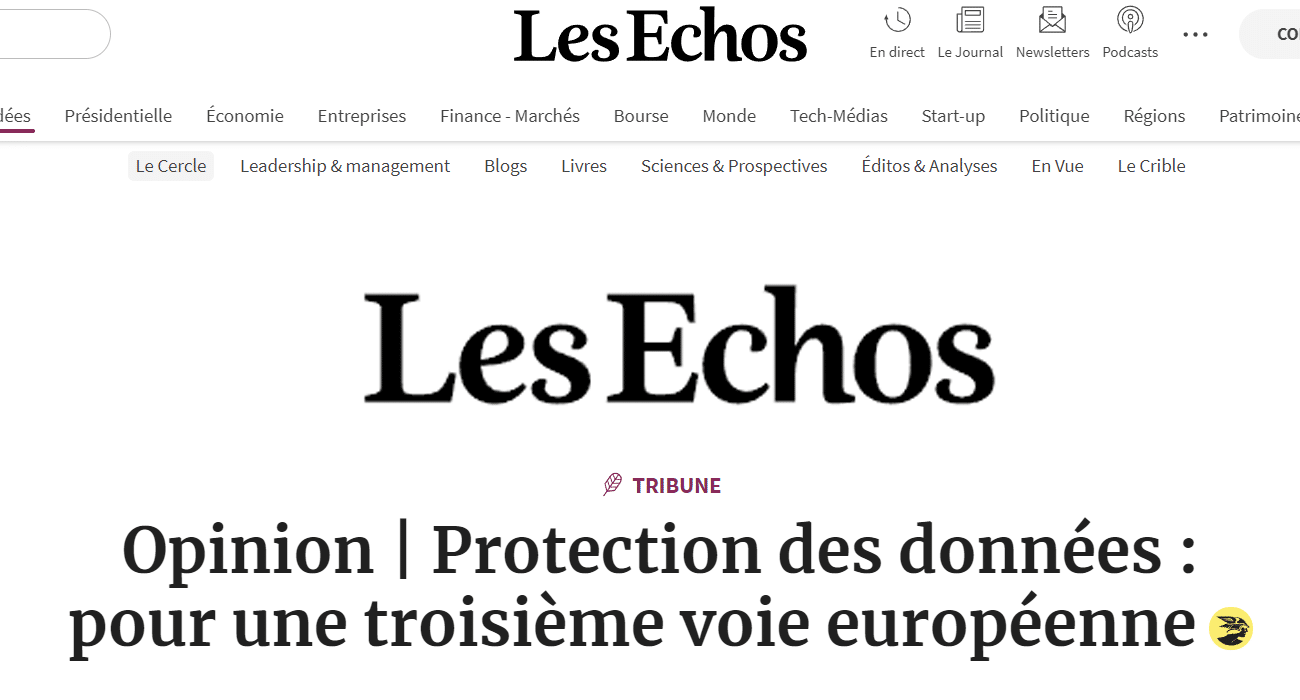

Tribune dans Les Echos
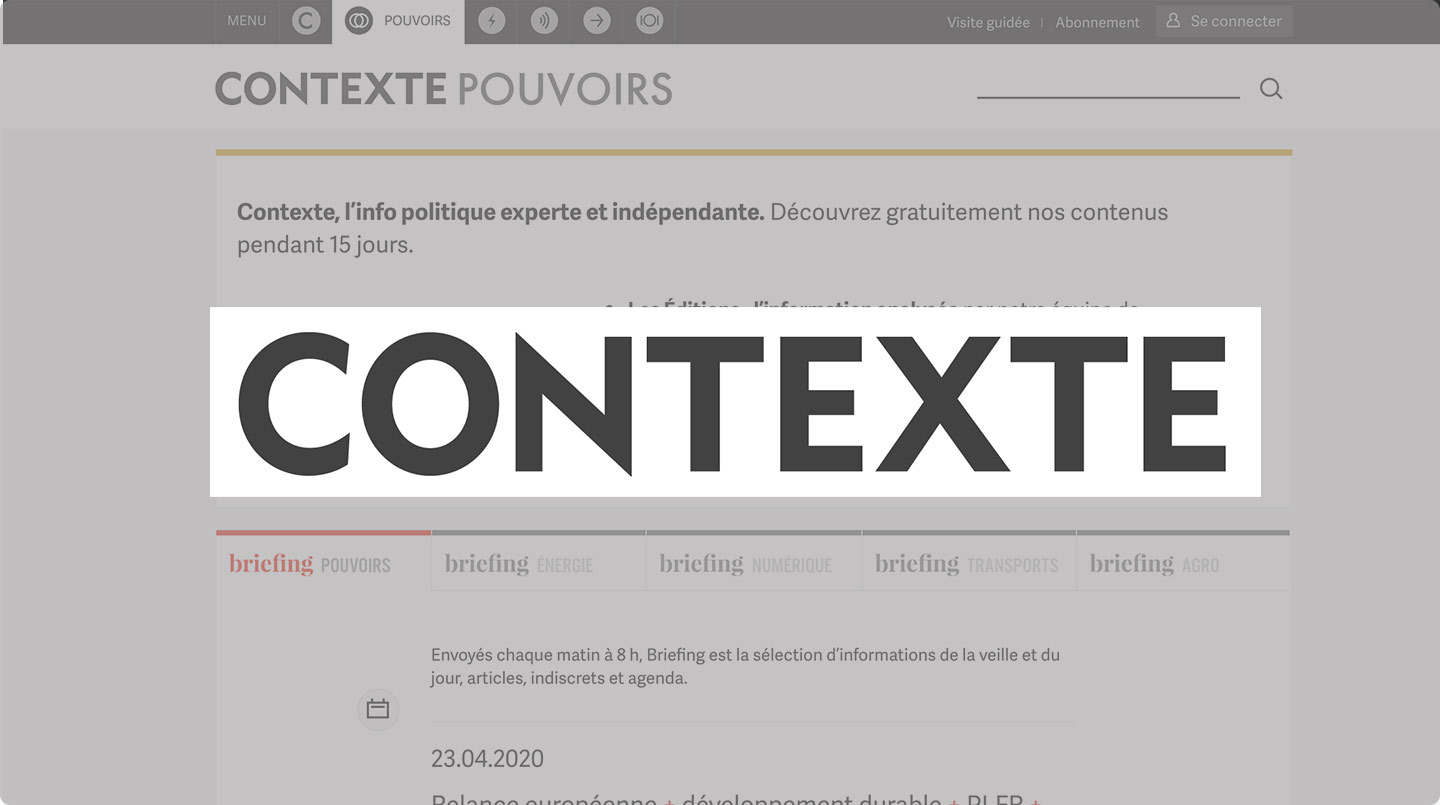

Newsletter de Contexte

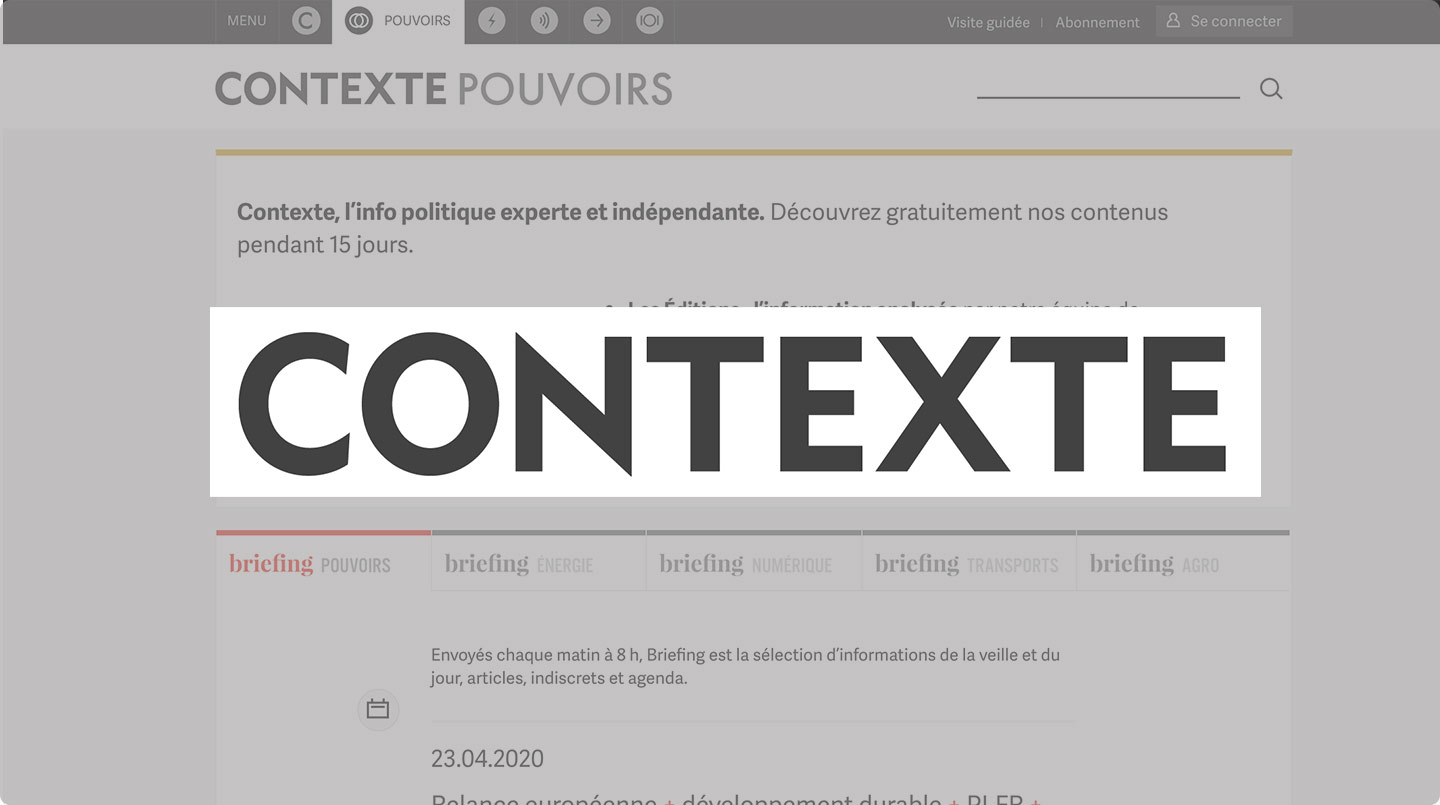
Article de ElectronLibre


Article de European Scientists
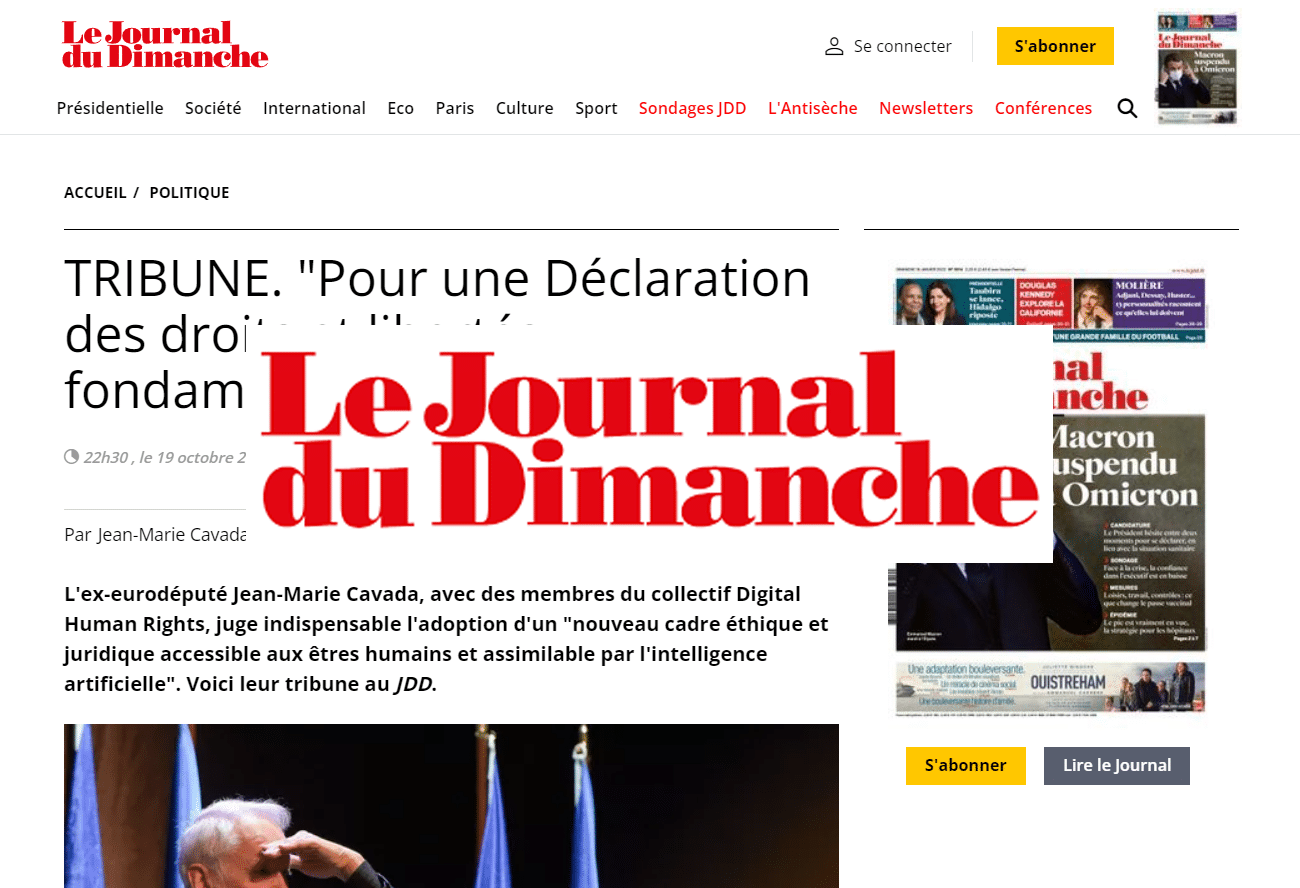
Tribune dans le JDD









